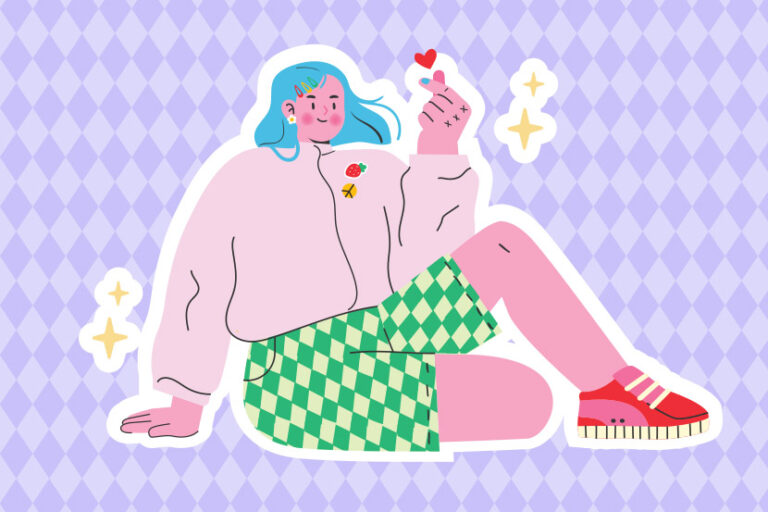
How is your beauty cabinet looking? What do you know about those chemical amalgamations plucked straight from the periodic table?
How is your beauty cabinet looking? What do you know about those chemical amalgamations plucked straight from the periodic table? Sadly, due to our time-poor lifestyles we often settle for the easily accessible – albeit chemically laden – beauty product that expedites our beauty regime as this is all our schedule will allow. But knowledge is power; so here is part two of our series on the top twelve nasties to avoid when purchasing skincare products:
Sodium Lauryl Sulfate
Hailing from the humble coconut, sodium lauryl sulfate (SLS) is a common foaming agent used in many personal care items, including body wash, shampoo and toothpaste. SLS is the chemical result of mixing lauryl alcohol with sulfuric acid and adding sodium carbonate. Whilst an effective cleaning agent, SLS is a skin irritant that causes itchy, cracked and dry skin. Used in shampoo form, you may also experience damaged hair follicles, split ends, and dull, lifeless hair.
Aluminium
Linked to Alzheimer’s disease and neural disorders, aluminium compounds can be found in drinking water, baking powders, feminine hygiene products, cow and soy milk, baby formula, antacids, and are a common active ingredient in many deodorants and antiperspirants. Aluminium, particularly in antiperspirant, also forms a temporary plug within your sweat duct that inhibits perspiration, potentially encouraging toxins back into the bloodstream.
Parabens
Commonly used as preservatives in commercial cosmetic products, parabens stop the growth of fungus and mould in products like shampoo, conditioner, moisturiser and makeup. They’re commonly listed in the ingredients list as methylparaben, ethylparaben, propylparaben, butylparaben, or isobutylparaben. Parabens are known disruptors of the endocrine system and are capable of mimicking hormones such as oestrogen. While researching is ongoing, the presence of parabens has been noted in biopsy samples breast tumours and has been linked to early onset puberty in adolescents.
Mineral oils
Derived from crude (petroleum) oil, a known human carcinogen, mineral oil suffocates your skin, disrupting its natural barrier and inhibiting its ability to breathe, cue: clogged pores. Mineral oils are common in a wide array of personal care products including eye shadow, moisturiser, lip gloss, lipstick, conditioner, hair colour, hair styling gel and lotions, and blush and concealer products. As your skin is the largest vital organ required to work in conjunction with your kidneys and liver to remove toxins, any product that obstructs or interferes with your body’s natural workings will ultimately have negative repercussions on your overall health.
Triclosan
A widely used antimicrobial chemical that’s a known endocrine disruptor and skin irritant, Triclosan destroys or inhibits the growth of microorganisms such as bacteria and fungi. Triclosan was first employed as a hospital scrub in the 1970s and can now be found in a host of personal care products such as toothpastes, antibacterial soaps and deodorants. A suspected carcinogen, Triclosan is also lipophilic, meaning it can bioaccumulate in your adipose tissue for extended periods, eventually becoming detectable in breast milk and other bodily fluids.
Phthalates:
In nail polish, you’ll find dibutylphthalate (DBP); pick up a can of hairspray and you’ll be met with dimethylphthalate (DMP); and a spritz of perfume before you walk out the door will expose you to diethylphthalate (DEP). Phthalates are a group of manmade substances used in a variety of products including many cosmetics. Being of synthetic nature, your body does not know how to process them, consequently trace elements are absorbed through your skin and accumulate over time. Phthalates have been linked to birth defects, kidney problems and as they are able to mimic the female sex hormone oestrogen, can impact the reproductive system including ovulation. As females generally tend to have a higher usage rate of cosmetic products over the course of their lifetime, phthalates are a chemical nasty to be made wary of, particularly for those using cosmetic products from an early age.
The good news is, the power of change is in your hands and a life less chemical is more achievable than you think. While overhauling your entire beauty cabinet isn’t necessary – or realistic – by simply making small reductions to your exposure of these chemicals you can improve your overall health. Visit VeganBeauty.com.au and uncover the next steps on your journey to a more natural you.


















